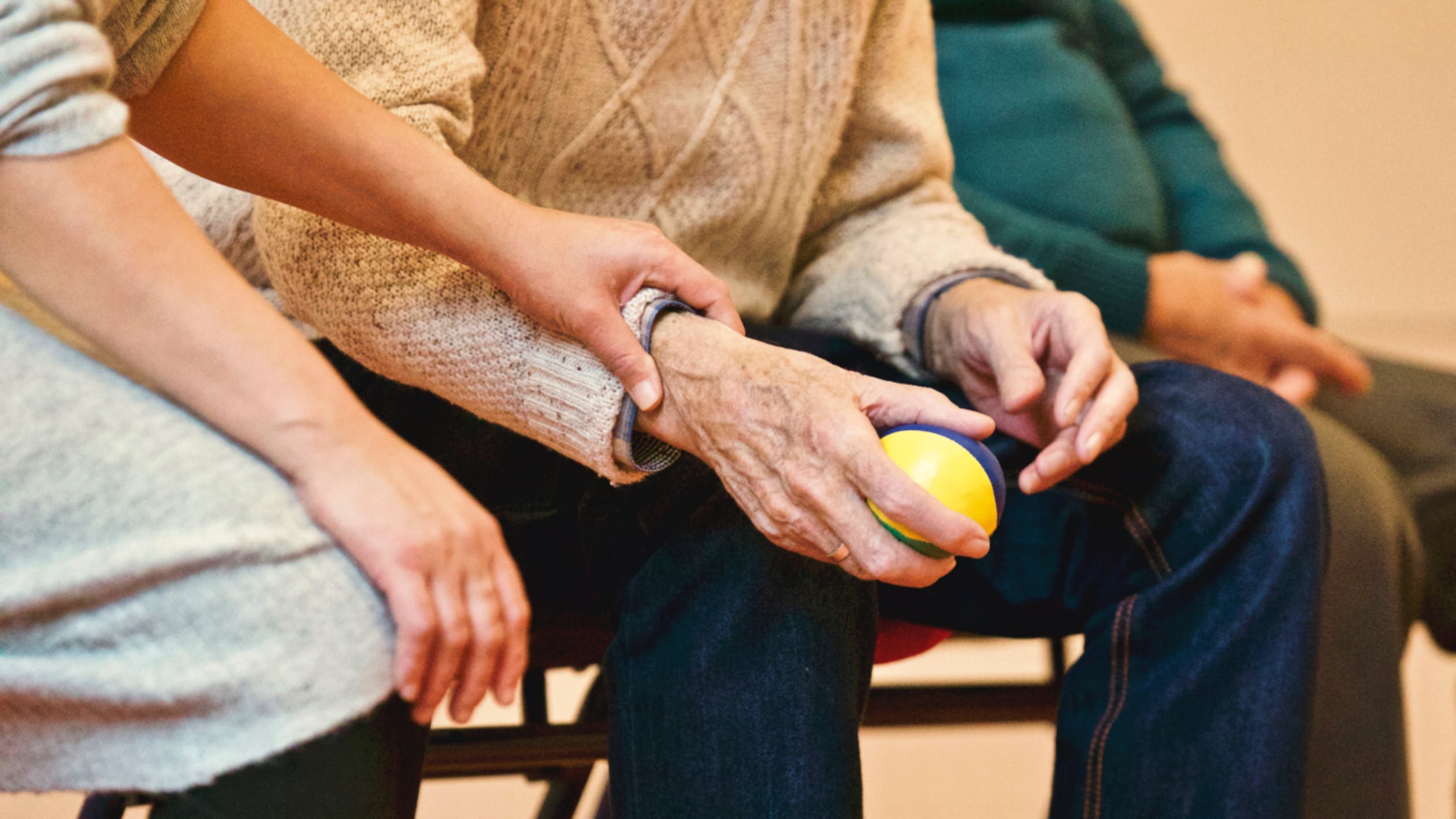Would you prefer to tolerate tooth pain or any other dental issues rather than go to a dentist? You wouldn’t be alone and there are lots of people out there with dental phobia. In fact, 13% to 24% of people across the world feel the same way. If this is you, know that avoiding dental care when you need it can result in a range of other health issues. For instance, a cavity could lead to diabetes, stroke, or heart disease, if not treated in time. Shocking, isn’t it? Read ahead for some important information on how to overcome your fear of the dentist.
But, Why do People Develop Dental Phobia?
Different people develop a fear of going to the dentist for various reasons. Here are some of the reasons you can explore.
- Did you have a bad experience with a dental procedure as a child?
- Did you have an unpleasant experience sometime in the past?
- Have you gone through a dental procedure that was extremely painful?
- Did you have a dentist you felt uncomfortable around?
- Did a family member have a traumatic experience during oral treatment?
- Have you ever read or seen reports on social media about people going through painful treatments?
If you’ve been wondering how to overcome your fear of the dentist, the process is actually quite simple. Read ahead for a detailed step by step method for overcoming dental phobia and making that appointment with the dentists at our Calgary clinic.
How to Overcome Dental Phobia? The First Step
The first step that can help you in overcoming dental phobia (and, avoiding bigger health problems) is to look for a good dentist. Check with colleagues, family, and friends and ask for recommendations. Locate a clinic close to your home or workplace so you can make appointments and find time for them easily. Often, traveling to and from the clinic can raise your anxiety levels. You’ll also want to check for the accreditations and qualifications of the professionals, especially the doctors who will be treating you. Also, ask about their experience levels in the particular field where you need help. If possible, search around the official website or any other authoritative sites for reviews from past patients. Try reading various dental topics to understand how the treatment will work.
When you arrive at the facility for the first time, look around the place. Does it have a pleasant ambiance? Is the color scheme and artwork soothing? During your consult with the doctor at our dental facility in Calgary, talk about your concerns. Make sure you develop an easy comfort level. You must also let the doctor know about the specific situations that make you nervous about dental treatments. You’ll find that the dentists at our Calgary clinic have a friendly demeanor with a caring attitude that instantly sets you at ease. Ask about what the doctors can do to help you in overcoming dental phobia. They’ll likely have practical solutions to make the experience free of anxiety. Interestingly, visiting the dentist as often as needed actually helps you develop a relationship and familiarity with the professionals treating you. As a result, you’ll find it easier to trust them when you need more invasive procedures.
Understand the Problem in Detail – The Second Step
Information is the key to easing your nervousness. Discuss the dental issue in detail with the oral care specialist and understand exactly how the procedure will progress. What happens when you come in and what to expect during and afterward. It also helps to ask about the possible after-effects like pain and discomfort. You can also inquire about the solutions for your specific problem and how the dentist intends to treat them. Explore your options and ask about the least invasive treatments. Understanding why the procedure is necessary is an essential step when working out how to overcome your fear of the dentist. Once you know exactly what’s going to happen, you’ll feel some of the fear and anxiety easing.
Talk about Getting Sedation Dentistry – The Third Step
Dentists typically suggest sedation dentistry when talking to you about how to overcome your fear of the dentist. Depending on your anxiety levels and the possible discomfort you might feel, the dentist may recommend the right level of sedation. Most sedation methods don’t put you sleep entirely. You’ll remain partially awake and aware of the procedure taking place. But, you won’t sense any pain. Oral doctors also prescribe pain killers that you can take before and after the treatment. These medicines help you stay comfortable for the next few days while the wound heals.
Types of Sedation Dentistry You Could Get
Sedation during dentistry can be of different kinds. Here’s a quick overview of how to overcome your fear of the dentist by opting for sedation.
Local Anesthesia
Instead of putting you to sleep, the dentist may choose to apply a numbing agent on the gums before working on the teeth. This option works well for minor procedures. If you need somewhat more invasive treatment, the oral surgeon may choose to inject an anesthetic along the gum line. These injections are given after the local numbing agents have had time to work. The medicine dulls the nerve impulses for a while so you don’t feel any pain.
Inhaled Sedation
When discussing options for overcoming dental phobia, dentists suggest nitrous oxide or laughing gas. Using this gas, dentists can put you to sleep for a short time. The effects of this general anesthesia wear off right away and you can safely drive home afterward. You’ll stay awake and relaxed all through the procedure without the possibility of side effects
Oral Sedation with a Pill
In case you opt for oral sedation, the dentist will ask you to take a pill at a specific time before the appointment. The medicine can make you feel drowsy. For this reason, you may have to ask a friend to drive you over to the clinic. And, bring you home after the treatment. You’ll stay in a semi-conscious state all through and have mild amnesia or no recollection later. A gentle nudge can awaken you, but it is best that you avoid using heavy machinery for a day or two. If needles and drips make you nervous, oral sedation is a great option.
IV Sedation
When you’re looking for options for how to overcome dental phobia, IV sedation could come up as a solution. Given by way of a single injection or a drip, this form of sedation is best for people who need extensive oral surgery. Like, for instance, getting wisdom teeth removal. You’ll have some amount of awareness but no discomfort throughout the procedure. If you’re not comfortable around needles, talk to your doctor about getting inhaled sedation instead.
General Anesthesia
This form of sedation is ideal for people who would prefer to have no awareness during their dental treatment. The medicine used to make you unconscious can take some time to wear off. If you opt for general anesthesia, the dentist will ask you to take a couple of days off while you recover completely. You’ll also need someone to accompany you for the appointment and stay with you while you sleep off the effects of the medicines.
Schedule the Appointment for a Stress-Free Time – The Fourth Step
Doctors understand that patients cannot always take time off from work and personal commitments. For this reason, dental clinics like ours are open on Saturdays. Make an appointment on a Friday evening or Saturday morning so you’ll have the entire weekend to rest and recover. You’ll also feel more relaxed when you don’t have to rush to work right away. Whatever may be the treatment such as routine teeth whitening, getting Invisalign braces, or a more invasive root canal, request a weekend appointment. You’ll find that overcoming dental phobia is much easier. Here’s another tip. Like dentists recommend, eat a protein-rich meal before arriving for your appointment. Hunger makes you feel anxious and protein has a calming effect.
Try Systematic Desensitization – The Fifth Step
Psychologists often recommend systematic desensitization where the scary situation or object is introduced in gradual easy steps to help you get used to them. When working out how to overcome your fear of the dentist, ask about the tools typically used. Do a bit of internet research to understand how they work. You could also spend a few extra minutes at the clinic acclimating to the smells and odors, and perhaps, chatting up the nurses who’ll assist the dentist. Building familiarity helps calm your anxiety. The dentists at our clinic in Calgary understand your concerns and fears. They welcome questions you have about the instruments used in a dental care clinic. Also, ask about the precautions that doctors take to make sure the procedure takes place smoothly.
Adopt Relaxation Techniques While You Wait – The Sixth Step
Should you talk to specialists about how to overcome dental phobia, they’ll likely recommend that you adopt whatever relaxation methods work for you. Here are a few ideas you can try:
- Try to arrive around 10 minutes early for the appointment. You’ll have the opportunity to relax and mentally prepare for the procedure.
- You could try guided imagery where you imagine being in a happy place.
- Do some deep breathing exercises and meditate on the positive outcomes of the procedure. When people are nervous, they tend to hold their breath. In the absence of adequate oxygen, it is normal to feel panicky and nervous.
- Many patients find that watching funny videos or listening to comic podcasts or soothing music also helps.
- Bring your favorite book and read to get your mind off the upcoming treatment.
- In case you’ve opted for sedation dentistry, you’ll need a friend or family member to accompany you. Spending time chatting can also put you at ease.
Relax During the Procedure – The Seventh Step
Dentists are more concerned about your staying comfortable when you visit for appointments. You can ask about all the options for how to overcome dental phobia. For instance:
- Bring stress balls that you can squeeze on when you feel anxious.
- Ask if you can listen to your favorite music even if you’re not awake entirely. Taking away the fear and having a pleasant experience can help when you have to come back for further checkups.
- Many patients are more discomfited because of the odors of disinfectant and other chemicals used in the clinic. Discuss the option of having your room sprayed with a pleasant, soothing scent.
- Ask the doctor to talk to you about each activity as it progresses. Small explanations like,
“I am now going to remove the diseased tooth.”
“It’s looking good in here. Let’s move on to the cleaning.”
“I am going to flush the area with water. You might sense a tickling sensation.”
“I am going to use a drill here. Don’t be alarmed at the whirring sound.”
“You’ll feel a small blast of air. That’s me getting the debris out.”
Patients feel reassured when they know what’s going on.
Take Your Time Calming Down Afterward – The Final Step
Resist the impulse to run out of the clinic after you’re done. Sit down for a few minutes in the waiting room and take a few deep breaths. Check the prescriptions and aftercare precautions and make sure you understand what needs to be done. Give the sedation a few minutes to wear off a little before you leave. If you have any doubts, ask questions that will help in overcoming dental phobia.
If you need dental care and solutions for how to overcome your fear of the dentist, ignoring the problem won’t make it go away. You have a better chance of getting over your anxiety and hesitation by taking charge of your fears. Drop by for a visit with the expert dental professional, Dr. Jennifer Silver at Macleod Trail Dental. Spend some time talking about the procedures you need and how she can help you. You will come away feeling confident about you and the treatment.
Ready to schedule an appointment? How about contacting us. Fill in your details on the Contact Us page, and we’ll get back to you. If you would prefer to talk to someone right away, call us at this number: (403) 252-1248.
References:



